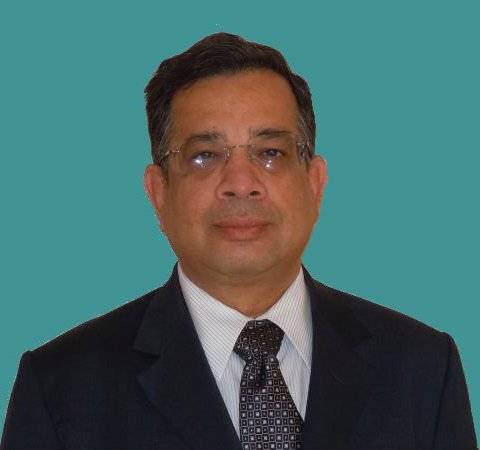 Arun Shroff Arun Shroff
Co-founder & CTO at Medindia; Director of Technology & Innovation, STAR Associates, United States
Arun and his team are currently applying the latest advances in Artificial Intelligence for detecting and diagnosing diseases at scale, including a solution for early detection of Diabetic Retinopathy, a leading cause of blindness worldwide. Arun believes technology and Artificial Intelligence are crucial to solving many global health challenges, particularly in the developing and underserved areas of the world, by bridging critical gaps in the shortage of specialists and resources. Arun is also Director of Technology & Innovation at STAR Associates, USA, providing strategic and advisory services to early stage technology companies in Artificial Intelligence, Augmented / Virtual Reality, robotics, blockchain, health and telemedicine. Arun is a frequent speaker and invited expert on technology and Artificial Intelligence at events and conferences globally. Arun has a B.Tech from IIT Madras, MBA from IIM, Ahmedabad, a M.S. in Computer Science from Penn State University & specializations in AI and Machine Learning from Stanford and Coursera. You can connect with him on LinkedIn or Twitter (@arunshroff). |